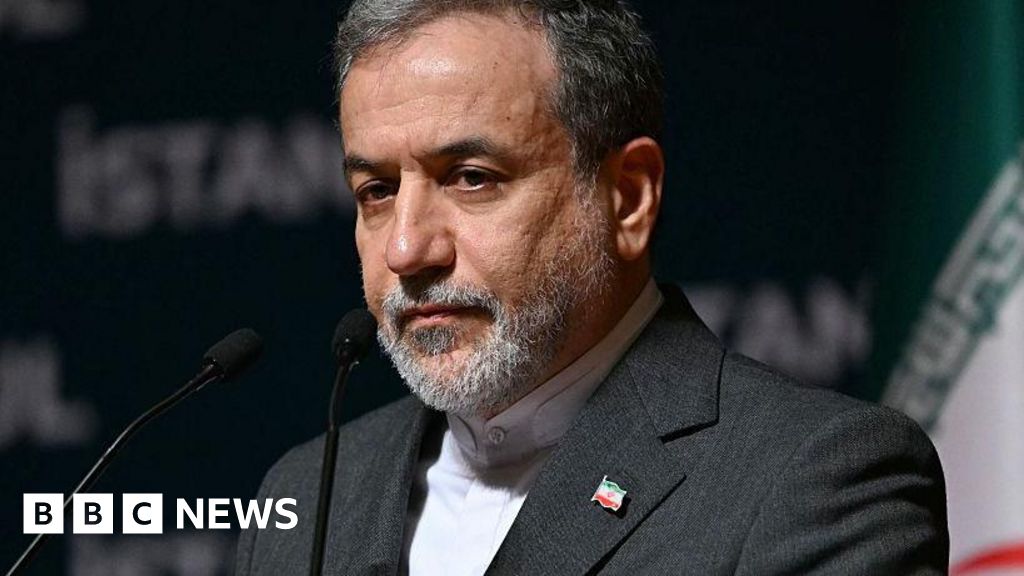Iran-US Diplomatic Stance on Nuclear Talks

Iran has definitively ruled out any immediate resumption of nuclear talks with the United States, marking a significant shift in its diplomatic strategy. Foreign Minister Abbas Araghchi confirmed on Thursday that there were no plans to return to negotiations with Washington, stating that a scheduled sixth round of talks had been scrapped. This decision follows a series of joint US-Israeli airstrikes that inflicted "excessive and serious" damage on Iran's nuclear infrastructure.
Araghchi emphasized that "no agreement, arrangement or conversation has been made to start new negotiations," directly contradicting earlier statements by US President Donald Trump about planned meetings. He further revealed that the Iranian government was reassessing its diplomatic posture, noting that Tehran's approach would take a "new form" to serve the interests of the Iranian people, though specifics were not disclosed.
The Foreign Minister's assessment of the damage to nuclear sites at Fordo, Natanz, and Isfahan stood in stark contrast to the claims made by Iran's Supreme Leader Ayatollah Ali Khamenei. While Khamenei insisted the strikes had "failed to accomplish anything significant" and accused Trump of exaggerating the outcome, Araghchi candidly admitted the "excessive and serious" damage, confirming that the Atomic Energy Organization of Iran was still conducting assessments. US Defence Secretary Pete Hegseth also stated the bombings "significantly damaged" Iran's nuclear program and set it back by years, although a leaked Pentagon report suggested a delay of only a few months.
The conflict escalated after the US entered with targeted strikes on Iranian nuclear sites, prompting Trump to broker a temporary ceasefire between Tehran and Tel Aviv. However, this ceasefire was fragile, with Trump later condemning Israel for violating it and resuming strikes. Amidst these developments, Iran maintains that its nuclear program is entirely peaceful and has moved to reduce its international commitments. Iran's parliament passed a bill to suspend cooperation with the International Atomic Energy Agency (IAEA), citing the agency’s refusal to condemn the strikes. If enacted, this law would halt inspections and surveillance at Iranian nuclear sites.
The 12-day bombardment by Israel reportedly led to 610 deaths in Iran, while Israeli officials reported 28 deaths from Iranian strikes. The current situation underscores a period of high tension and strategic re-evaluation for Iran, with its nuclear program and diplomatic future now facing new realities post-airstrikes and with a redefined stance towards international negotiations.









